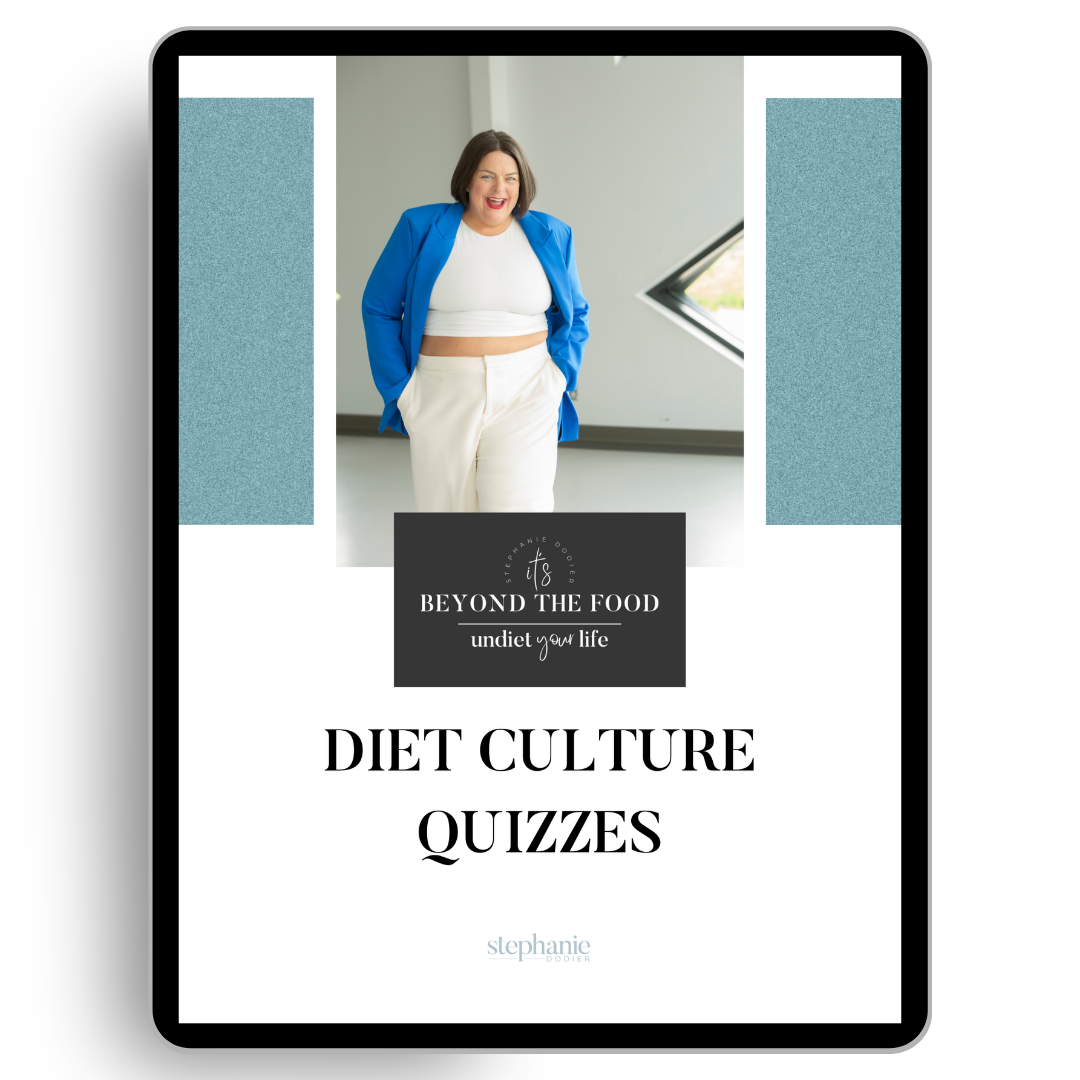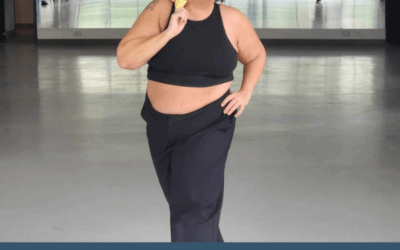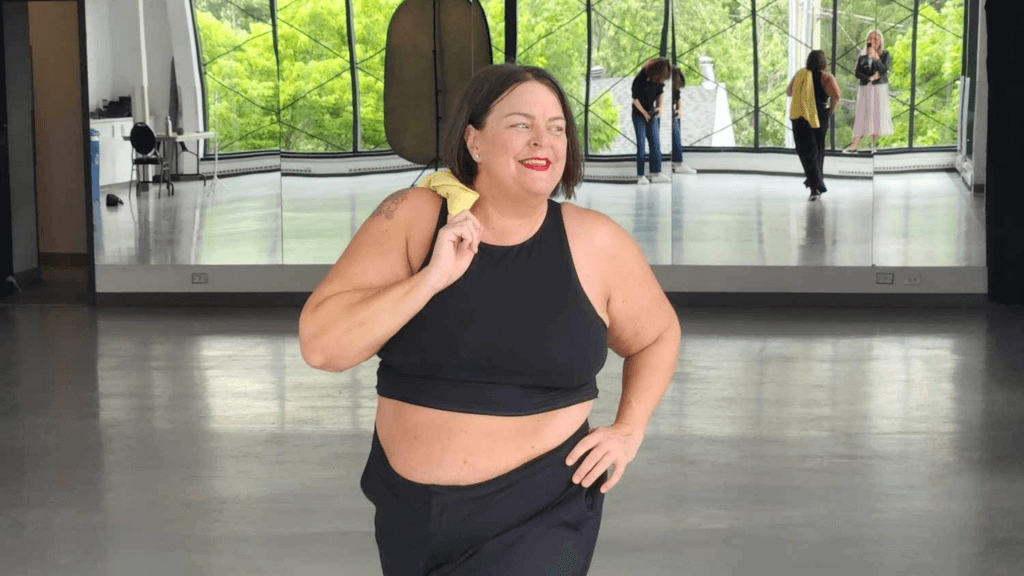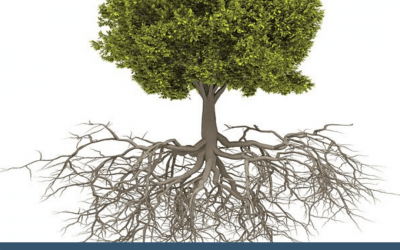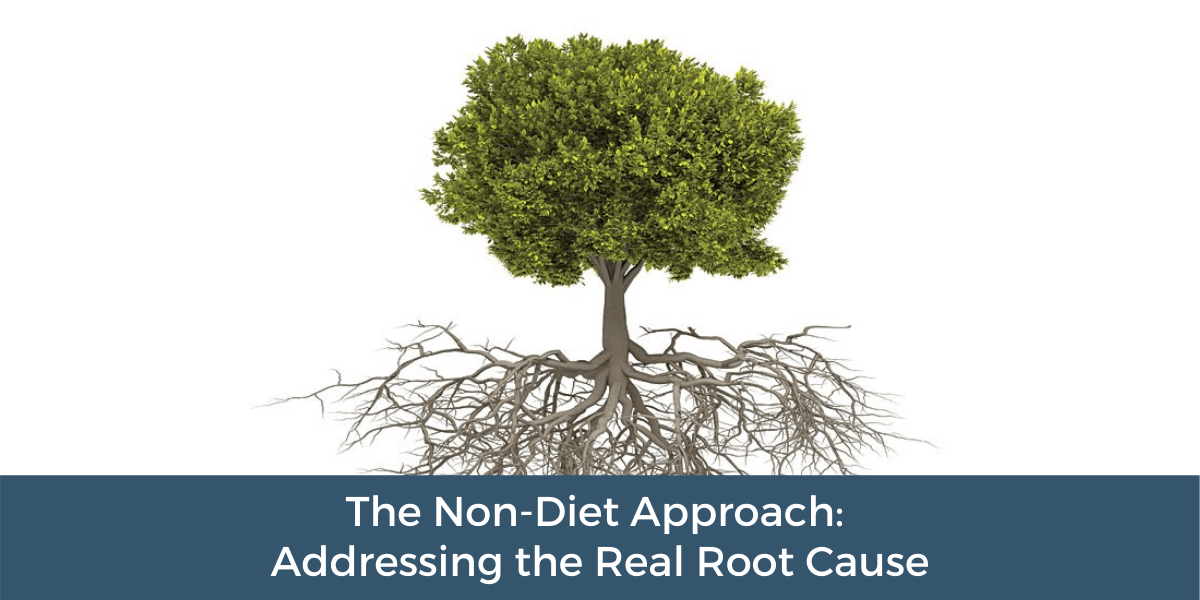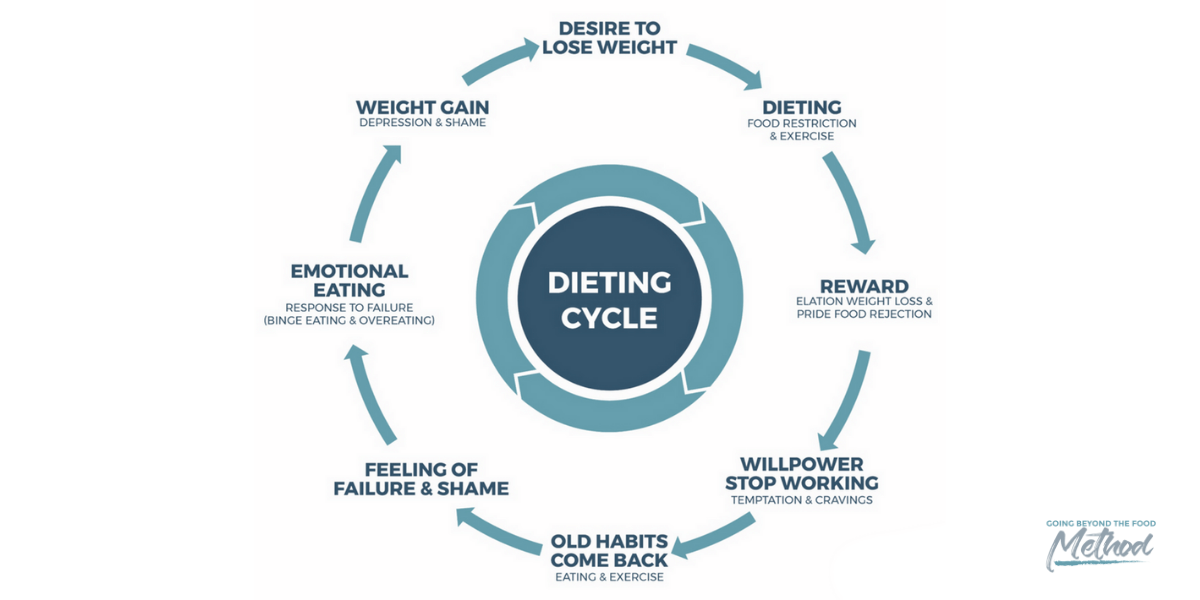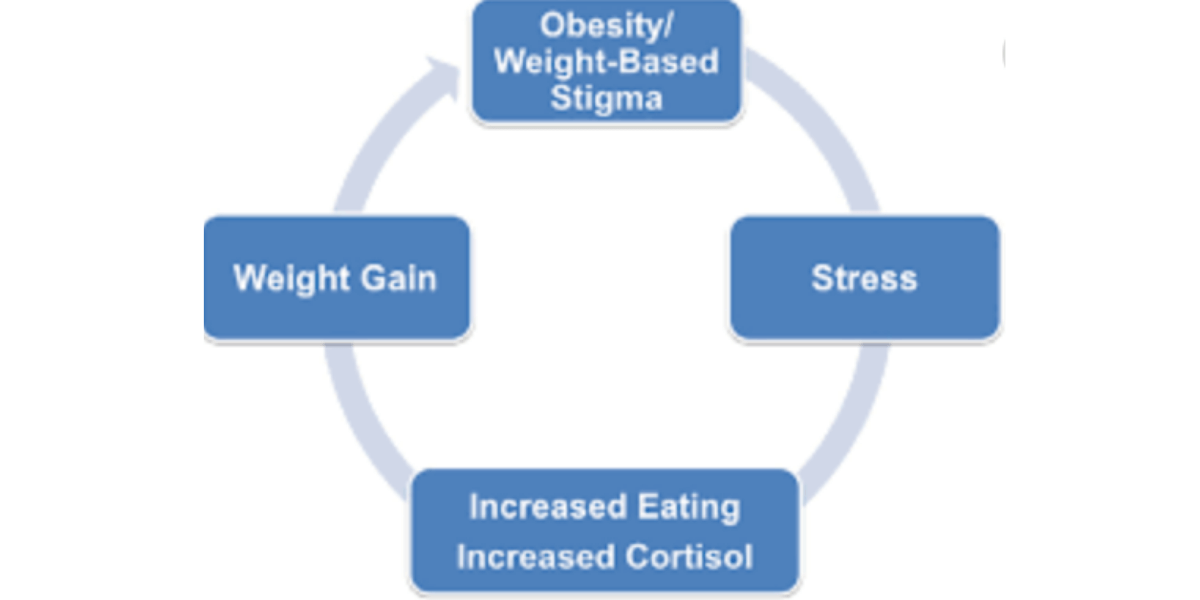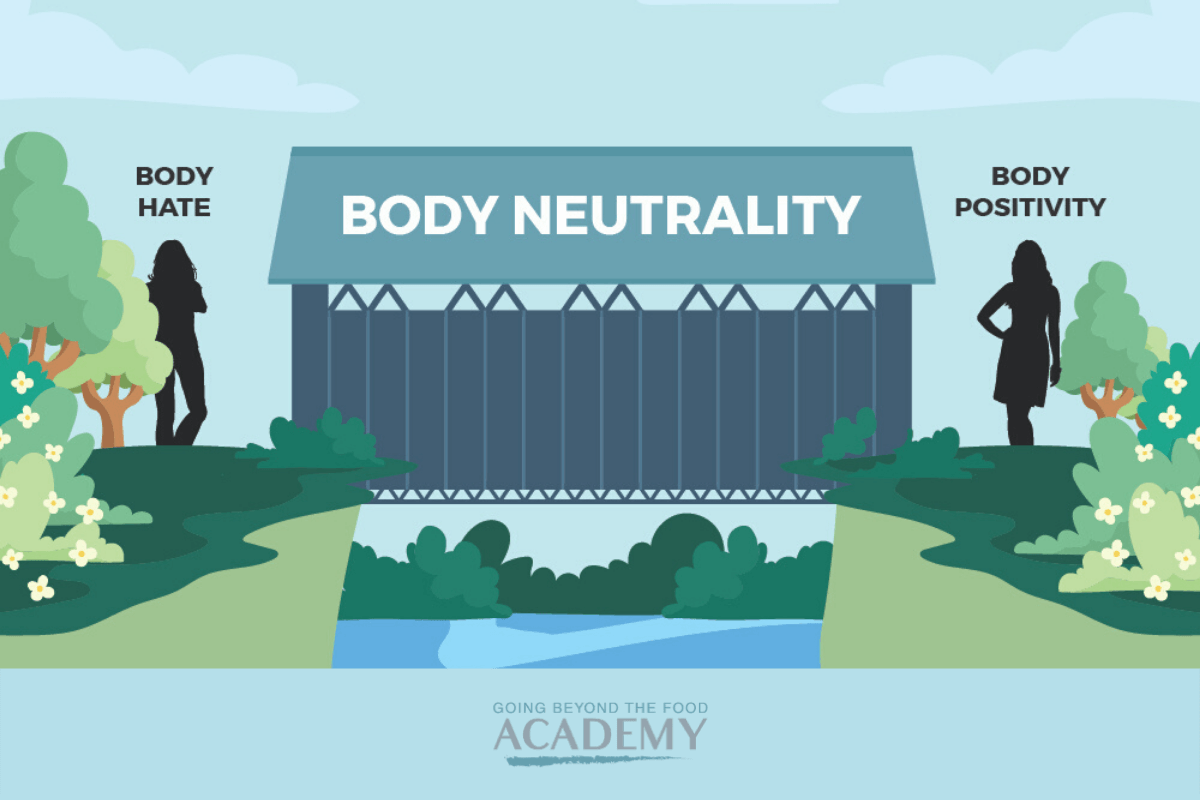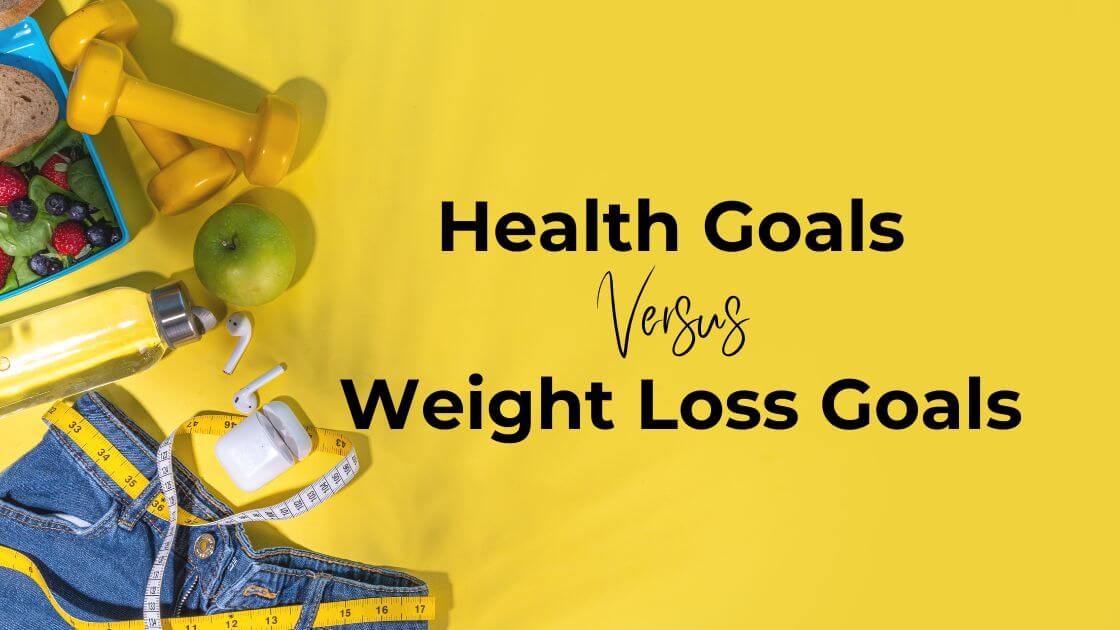
As the end of the year approaches, many of us reflect on the past and set goals for the future. Unfortunately, in a society dominated by diet culture, this time of self-reflection often becomes a season of weight loss resolutions. Ads flood our screens with promises of quick fixes, “detoxes,” and ways to shed holiday pounds. But are weight loss goals the same as health goals? Spoiler: They’re not.
Let’s explore why this distinction matters and how to pursue sustainable health goals that empower you for life.
Health Goals Versus Weight Loss Goals: The Diet Culture Trap
In a world steeped in diet culture, weight loss is often presented as the ultimate solution to health concerns. Feeling tired? Lose weight. Joint pain? Drop pounds. High cholesterol? Slim down.
But weight loss as a universal remedy is misleading and harmful. The association between weight and health is far more complex than what mainstream messaging suggests. For decades, we’ve been conditioned to believe that thinness equals health, happiness, and worth. However, this belief isn’t rooted in science—it’s rooted in societal biases like sexism, racism, and fatphobia.
The Historical Roots of Weight Loss Obsession
Up until the early 20th century, weight loss was not linked to health by medical professionals. The cultural obsession with thinness began in the post-World War era, when societal beauty standards shifted. As Sabrina Strings, author of Fearing the Black Body, explains, fatphobia is tied to white supremacy and religious morality. Thinness became a marker of racial, moral, and national superiority, while fatness was stigmatized as undesirable and sinful.
Patriarchy also fueled this obsession. During times when women fought for more power—like the right to vote or equal pay—cultural narratives about beauty intensified. Thinness became a tool of oppression, keeping women preoccupied with their bodies instead of pursuing autonomy and influence.
As Naomi Wolf writes in The Beauty Myth:
“A cultural fixation on female thinness is not an obsession about female beauty but an obsession about female obedience.”
Rather listen to the audio version of this blog? We’ve got you…
Why Wanting to Lose Weight Feels Normal
If you’ve ever set a weight loss goal, you’re not alone. It’s natural to desire weight loss in a world that constantly reinforces this message. Diet culture surrounds us, from the media to healthcare, shaping our beliefs and behaviors.
When clients like Julie (a fictional example) come to me wanting to lose weight, I validate their feelings. Their desires are a logical response to a lifetime of societal conditioning. But when we dig deeper, the reasons for their weight loss goals often center on improving their health, comfort, or quality of life—goals that don’t actually require weight loss.
Health Goals versus Weight Loss Goals
Here’s the critical distinction:
- Weight loss goals focus on changing your body size.
- Health goals focus on improving how you feel and function.
These two are not the same. In fact, pursuing weight loss can undermine genuine health goals by promoting restrictive diets, disordered eating, and a negative relationship with your body.
The assumption that weight directly correlates with health is flawed. Research consistently shows that health behaviors—like eating nutritious foods, moving your body, and managing stress—have a far greater impact on health than weight alone.
For example, a 2016 study published in the International Journal of Obesity found that nearly 47% of people classified as overweight and 29% of those classified as obese were metabolically healthy. Meanwhile, 31% of those with a “normal” BMI were metabolically unhealthy. This highlights that weight is not a definitive indicator of health.
Redefining Health: A Holistic Approach
Health isn’t just physical. The World Health Organization defines health as:
“A state of complete physical, mental, and social well-being, not merely the absence of disease or infirmity.”
True health encompasses:
1. Physical well-being: Feeling energized and comfortable in your body.
2. Emotional well-being: Managing stress, emotions, and mental health.
3. Social well-being: Maintaining fulfilling relationships and a sense of community.
How to Pursue Health Without Diet Culture
1. Set Non-Weight-Related Goals
Focus on goals like improving sleep quality, increasing energy, or building strength. These are sustainable and have a direct impact on well-being.
2. Adopt a Weight-Neutral Approach
Embrace the idea that health is not determined by the number on a scale. A weight-neutral approach emphasizes behaviors over outcomes.
3. Prioritize Self-Care
Invest in habits that nourish your body and mind, like balanced meals, enjoyable movement, and mindfulness practices.
4. Reject All-or-Nothing Thinking
Health isn’t about perfection. Small, consistent changes matter more than extreme overhauls.
5. Educate Yourself About Diet Culture
Learn how diet culture manipulates societal norms and reinforces harmful ideals. Knowledge is power.
6. Find Joy in Movement
Exercise should feel good, not like a punishment. Experiment with activities that bring you joy, whether it’s dancing, yoga, or hiking.
7. Manage Stress and Rest
Chronic stress takes a toll on health. Incorporate relaxation techniques and prioritize sufficient sleep.
8. Surround Yourself with Support
Seek out communities that celebrate body diversity and reject diet culture. Curate your social media to reflect these values.
9. Develop Self-Compassion
Be kind to yourself as you unlearn harmful narratives. Accept that your journey will involve ups and downs.
10. Celebrate Non-Scale Victories
Track progress in ways that reflect your overall well-being, like improved stamina, better mood, or reduced stress levels.
Health Goals Versus Weight Loss Goals: The Empowering Choice
Silencing the noise of diet culture and choosing health goals over weight loss goals is an act of self-empowerment. It’s about shifting the focus from shrinking your body to living your fullest, healthiest life.
Remember, your worth is not determined by your weight. By prioritizing sustainable health goals, you can nurture a positive relationship with your body and create a life that supports your well-being in every sense.
Your body, your choice. Choose health, not weight loss.
Need help pursuing your health goals?
You can access all of our services on our work with us page. We have a number of programs and service levels enabling us to serve most women:
Free Resources and Masterclasses: Get started and get to know us better!
Private coaching with Stephanie and her team Stephanie and her team of Certified Non-Diet Coaches are waiting to support you in a one-to-one setting with an individualized plan.
It’s Beyond The Food – Undiet Your Life group coaching program is for women to learn how to eat intuitively, become body neutral, and learn self-coaching at their own pace while being supported in a group setting by Stephanie and her team of Certified Non-Diet Coaches.
Non-Diet Coaching Certification for professionals ready to integrate the Going Beyond The Food Method™️ in their practice and for women wanting to become Certified Coach and build a business coaching other women beyond the food.


